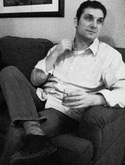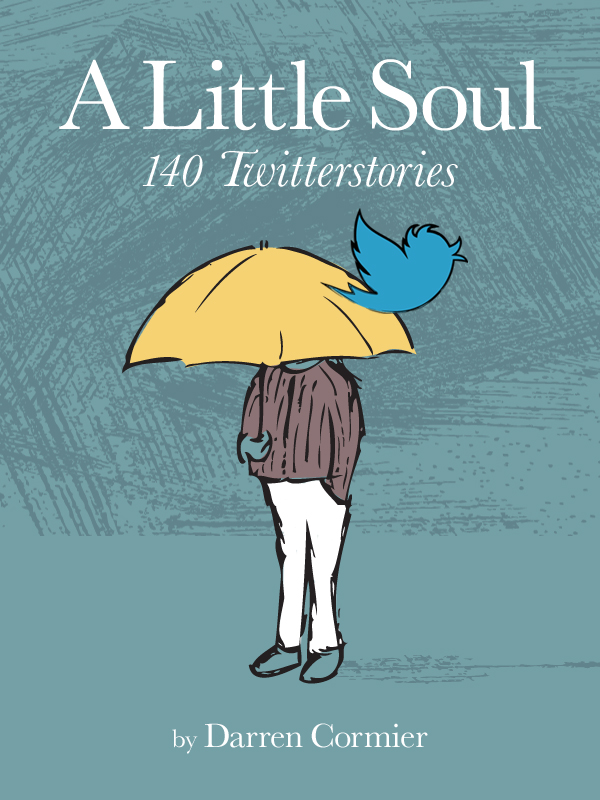It has always been my intention with this blog to occasionally discuss running. I haven't done so.
With this post I am changing that. I decided a year ago to run a marathon in 2012. Earlier this summer I broke my foot, which put my training a little behind schedule. But, as of three weeks ago, I went for an extremely slow 2 mile loop, and have three times since dusted off the Asics, stretched and ignored the creaky whining of my hamstrings, and absorbed the quizzical looks of my roommate when I jog down the steps at 10pm. I still intend to run a marathon in 2012.
Darren Rome Leo, at his blog Thoughtvomit, recently posted about the soundtrack for his novel's protagonist. It is a common question on writer's forums whether we write to music or not and, if we do, what we listen to when writing. This same question is applied to runners.
The songs listed below are the songs I most often go running to and will be listening to a lot of over the next year or so.
What are yours?
 RSS Feed
RSS Feed

